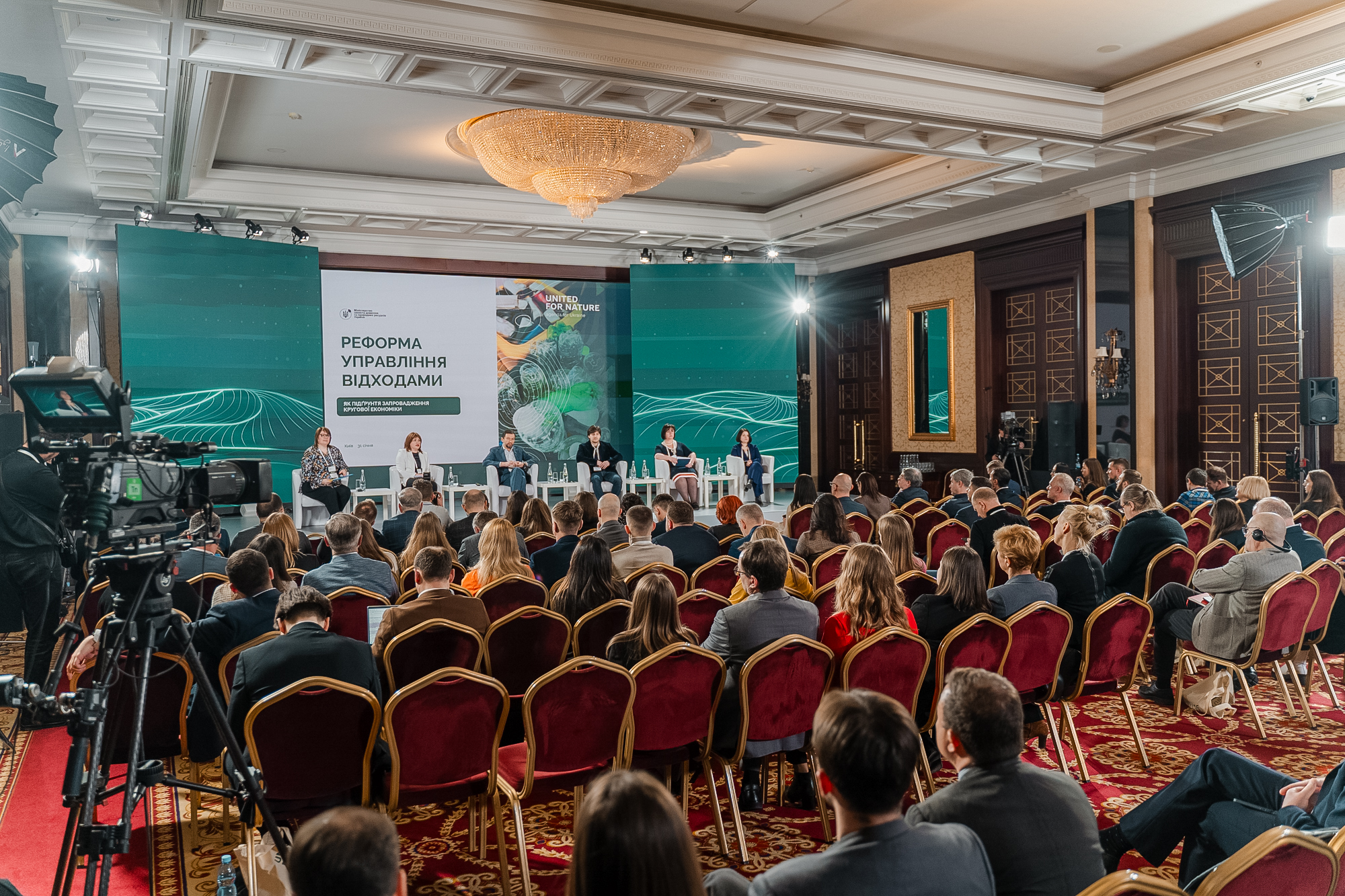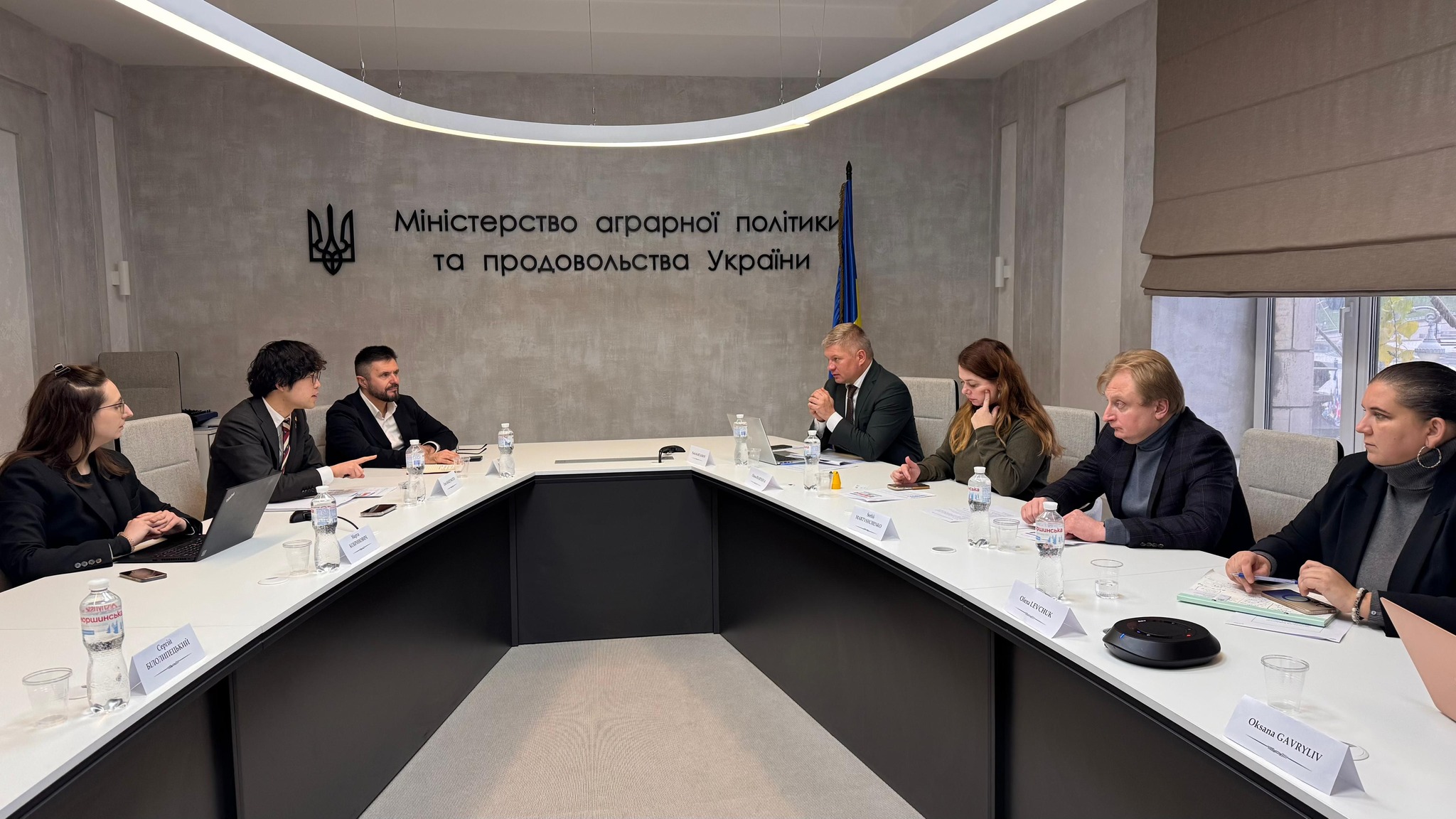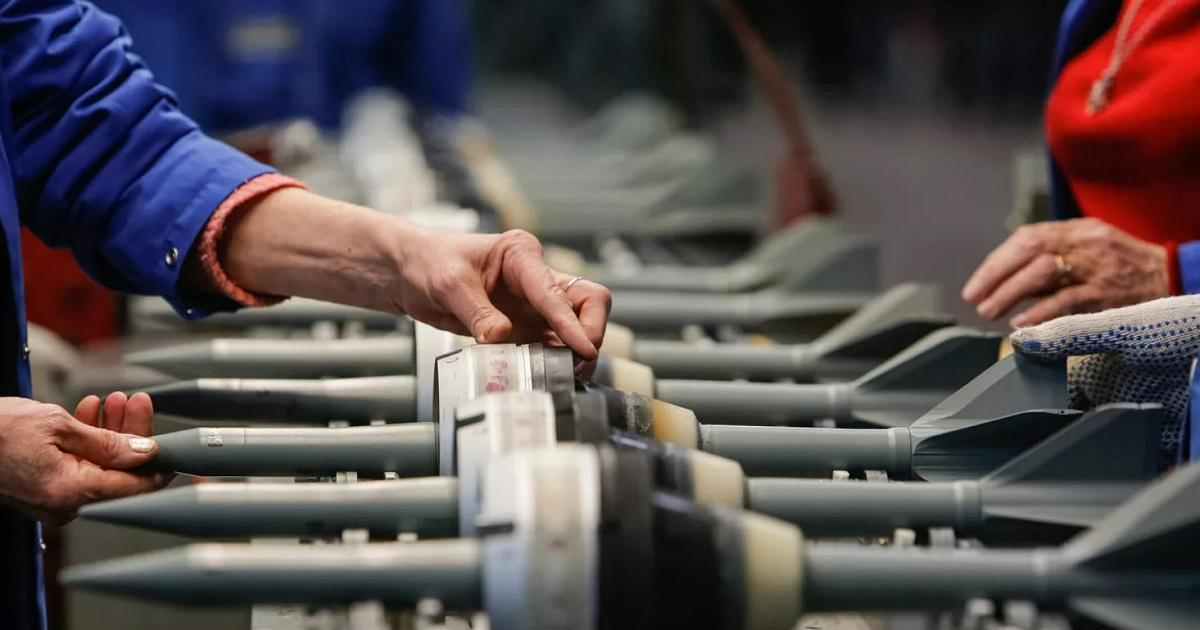As of the end of 2023, according to local government authorities, more than 450 thousand tons of construction waste from demolitions have accumulated across the country. Speaking at the international forum 'United for Nature. Agenda for Ukraine,' Deputy Minister of Development of Communities, Territories, and Infrastructure Natalia Kozlovska specifically emphasized the need for sustainable waste management, which is one of the fundamental principles of implementing a circular economy.
"We clearly understand that managing and processing such massive amounts will require significant financial, human, and technological resources. Currently, in Ukraine, there is no tradition of deep processing of construction waste, with the recycling rate standing at 6% of the total amount. However, in the vision of the country's extensive reconstruction, we consider these waste materials as a potential future resource for the construction industry," noted Natalia Kozlovska.
According to her, addressing this issue should occur comprehensively with the following main directions:
- Establishing the necessary regulatory framework for waste sorting and processing technologies and implementing corresponding technological processes.
- Developing a catalog of construction products made from recycled waste-based raw materials.
- Further developing standards for the production of such construction products.

The processing of demolition waste involves sorting, processing, manufacturing, and transportation. All of these processes require significant financial investments. Therefore, the state should develop appropriate economic models and set target indicators for the processing of demolition waste, as well as establish norms for the mandatory use of a certain percentage of secondary raw materials in reconstruction projects.
In the perspective, these target indicators should be reflected in the strategies of regional community development. The Ministry of Development of Communities, Territories, and Infrastructure, with the support of the Government of Japan and the Japan International Cooperation Agency (JICA) Ukraine Office, is already implementing a pilot project for organizing temporary storage and processing lines for demolition waste in the Kyiv region. As part of this project, a plan for managing demolition waste will be developed, taking into account aspects of manufacturing products from recycled resources.
Currently, the Ministry of Infrastructure is studying existing international experience and the results of scientific research, with relevant technical standardization committees being involved in this process. Support for the implementation of sustainable demolition waste management in Ukraine is provided by international partners, including the United Nations Development Programme (UNDP), Japan International Cooperation Agency (JICA), German Agency for International Cooperation (GIZ), United States Agency for International Development (USAID), and the World Bank.





















